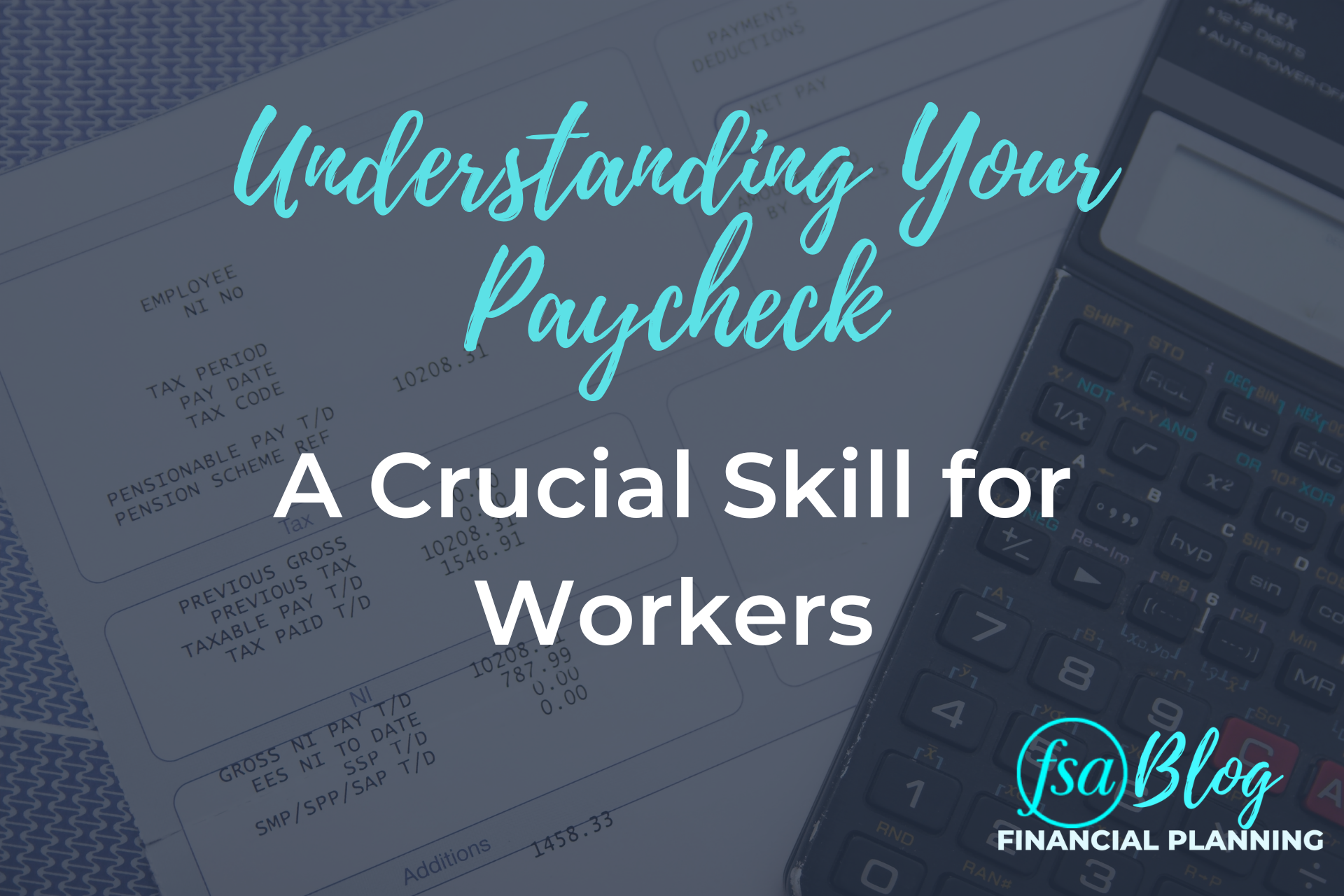And just like that, 2023 is almost in the books. This year, like many other years, was full of ups and downs, wins and losses, and a few lessons learned. Every year there are several major news stories that impact the way people think about the future. The stories can range from the economy, politics, or even company-specific news. In today’s article, we want to review some of the biggest financial moments of the year and how they may have impacted you.
Inflation vs. Interest Rates
Inflation can make buying everyday goods tricky. How do you combat inflation? With interest rates. During the 2022-2023 cycle, inflation climbed to nearly 9%. In response, the Federal Reserve raised interest rates 11 times to slow it down. Just a few years ago, interest rates were near zero. Today, they stand at 5.25%-5.50%.
How does raising interest rates combat inflation? In basic terms, by raising interest rates, the FED is increasing the cost of borrowing, which slows down spending. This reduces the supply of money in circulation, slowing down the economy.
Raising interest rates has worked so far. In June 2022, inflation peaked at 8.9%. Today, it is closer to 3.2%, which is still much higher than the FED’s inflation target of 2%. But for now it seems they will let their previous interest rate hikes work their way into the economy.
What does this mean for you?
- Your monthly expenses likely won’t increase as drastically in 2024 as they did in 2023.
- With all the interest rate hikes, it actually pays to have cash. Most high-yield savings accounts and money market funds are paying around 5%. So, if you have cash set aside for your short -term goals, make sure it is earning something!
- If you have money earmarked for long-term goals, it typically does not make sense to sell out of investments to lock in the yield. However, it is best to double-check with your financial advisor to determine what makes the most sense for your situation.
Bank Failures
It may seem like a while ago, but in the first quarter of 2023, there were several banks that failed – Silicon Vally Bank (SVB) being the headliner. What happened? Well, when you deposit money at the bank, the bank buys T-bills, treasuries, and other fixed income investments to earn interest on the money. Some banks will share a chunk of the interest with you and others keep the majority for themselves (another topic for another day).
As you may know, bonds have an inverse relationship with interest rates. So, when interest rates began to rise, the value of the fixed income investments began to fall.
This is typically not a problem if you hold the bond to maturity. Well, the word got out that banks such as SVB had losses on their bonds, which made people fear that the banks would not be able to pay out the cash if they needed to withdraw money. This caused a run on the banks and forced several of them to sell bonds at a loss to cover the withdrawals.
What does this mean for you?
- Most banks were not negatively impacted by this. Many of the banks that went under were too aggressive with their fixed income investing and had a risky client base focused on tech start-ups and crypto companies who could need large sums of cash at a moment’s notice.
- The Federal Deposit Insurance Company (FDIC) stepped in and made everyone whole, even if their balances were above the $250,000 per account type limit. This may set a precedent for future bank failures.
- It is important to know if your money is insured by FDIC, Securities Investor Protection Corporation (SIPC), or Lloyd’s of London insurance. For reference, Schwab utilizes all three types of insurance.
Inverted Yield Curve and the Looming Recession
Before we dive into this one, let’s talk about what an inverted yield curve is. This phenomenon is when shorter-term treasuries, such as the two-year, yield more than long-term treasuries, such as the ten-year. This is the opposite of what you would expect. Typically, when you lock up money for longer periods of time, the yield should be higher because you are giving up short-term liquidity.
When this phenomenon happens, it tells us that there is uncertainty in the short-term. Economists have found that a recession historically follows an inverted yield curve about 12-18 months after. Well, the yield curve has been inverted since July 2022.
So, where is the recession? There’s a famous quote from Mark Twain, saying “History doesn’t repeat itself, but it does rhyme.” Predicting short-term stock market movements is an extremely difficult task, even with an indicator such as the inverted yield curve. Will there be a recession or stock market crash in the future? We shall wait and see.
What does this mean for you?
- Regardless of the market cycle we are in, having a solid emergency fund is a great idea.
- In addition, it makes sense to have money in different buckets that have different investment objectives. That way if you need cash while in a bear market, you can pull from the more conservative accounts and let the more aggressive accounts have time to recoup their losses.
- Given that it’s very difficult to predict when the economy will slow down or the stock market will crash, it is prudent to have an exit strategy to protect your portfolio when they eventually occur.
Final Thoughts
When you zoom in on any particular year in time, there are numerous reasons to be concerned about the future, whether it is war, recession, or craziness in politics. That said, you’ll notice that panicking was not included in any of the action items in this article. Typically speaking, panicking is not a good strategy. Stick with the plan. Adapt, be liquid and flexible. Pair knowing this with a well-designed financial plan, and you should be ready to manage uncertainty.
Each year we have two options heading into the new year:
- We can focus on the things we CAN’T control such as market returns, geo-political issues, and the news cycle,
- Or we can turn our focus to the things we CAN control such as your income, spending, savings rate, being a good person, and sharing wonderful experiences with friends and family.
At FSA, we plan and react to the uncertainty to help you sleep well at night.
As always, if you have any questions or want to look at your financial plan, we are happy to help! Send us an email to questions@FSAinvest.com or click here to schedule a call with one of FSA’s CERTIFIED FINANCIAL PLANNER™ professionals. Cheers to 2024!
FSA’s current written Disclosure Brochure and Privacy Notice discussing our current advisory services and fees is also available at https://fsainvest.com/disclosures/ or by calling 301-949-7300.






